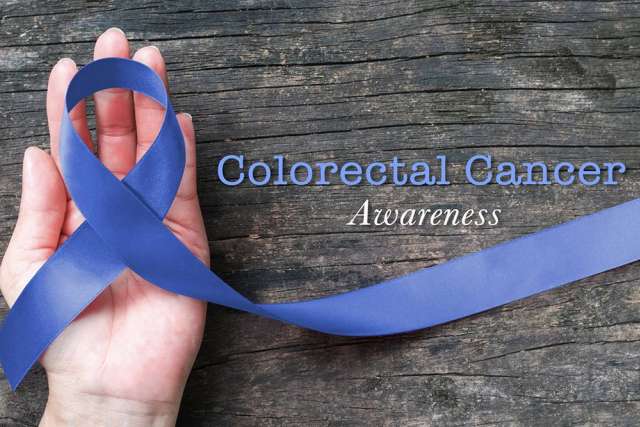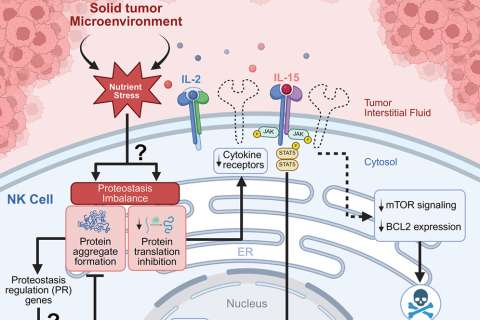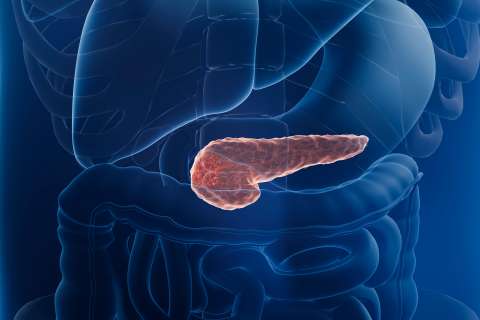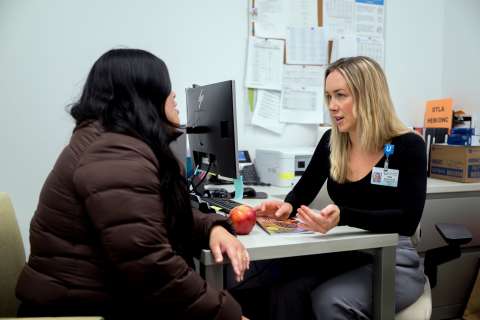Colorectal cancer is the third most common cancer. Every week over 1,000 Americans die from it. Currently, one in ten people diagnosed with colorectal cancer is under age 50.
According to digestive diseases specialist Lynn Connolly, MD, colon cancer has been on the rise in people under age 50 for several decades, even as overall deaths from colon cancer are declining.
Unfortunately, even young people who appear to be the epitome of health may suffer from colorectal cancer. One is actor Chadwick Boseman, who died from the disease at age 43.
Symptoms exist with early onset colon cancer
“We often think of colon cancer as a silent killer because people tend to have no symptoms with cancer. That’s why it’s so important to get screened with colonoscopy,” says Dr. Connolly. “But the vast majority of people diagnosed with colon cancer under age 50 do have symptoms at diagnosis. And we’re finding that younger patients are more likely to receive an advanced-disease diagnosis.”
For reasons not fully understood, colon cancer in younger people generally starts in the left side of the colon and the rectum. Left-sided cancers have more symptoms like blood in the stool, but these are often easy to dismiss.
“In younger people, we might be more likely to ignore such symptoms, or to assume they have hemorrhoids because they’ve had constipation,” says Dr. Connolly. “But we cannot ignore symptoms simply because someone is young and healthy. We need to aggressively explore why these symptoms occur.”
Causes of colon cancer in young adults
A small number of colorectal cancers are due to hereditary colorectal cancer syndromes (cancers passed down through genes). But the majority occur in people who have no family history or genetic predisposition. “This suggests environmental and lifestyle causes may contribute to the increase,” says Dr. Connolly.
While there are no definitive answers, possible causes include:
- A more sedentary lifestyle than previous generations
- Smoking and heavy alcohol use
- Eating less fiber and more processed foods
- Eating more sugar, which directly feeds colorectal tumors
- Increased rates of obesity, which could cause hormonal changes and impact the gut microbiome
Colorectal cancer symptoms in young adults
To help protect themselves from colorectal cancer, people as young as 20 need to look out for common colon cancer symptoms. Consult your primary care provider immediately if you experience:
Bleeding
Notice if you have blood on the toilet paper, in the stool or in the toilet after a bowel movement.
Changes in bowel movements
If you experience bouts of diarrhea or constipation that last more than two weeks, it’s important to investigate the cause. “If the change isn’t readily explainable by diet or lifestyle, then it’s something that needs a workup,” says Dr. Connolly.
Increased fatigue
If you find you are more tired or have less energy, it could result from anemia that occurs with bleeding you aren’t aware of. “Women who are of childbearing age can have anemia because of menstruation. But if you’re 40 years old with new-onset anemia, don’t be so quick to blame it on your period,” says Dr. Connolly.
Physical changes
“If you suddenly have unexplained weight loss or changes in your appetite, such as feeling fuller faster, you should consult your provider,” says Dr. Connolly. “Unexplained abdominal pain is another warning sign.”
Unusual stools
“If your stool goes from normal to tar-like or black, this is cause for concern,” says Dr. Connolly. “These changes could indicate blood in the stool.” Other changes, such as thin, pencil-thin stools could suggest a tumor in the bowel or rectum is obstructing the passage of stool.
Preventing early onset colon cancer
These lifestyle changes may help protect you from colorectal cancer:
- Drink in moderation: Women should consume no more than one drink a day. Men should consume two or fewer.
- Exercise: Sedentary lifestyles could contribute to obesity, which is a risk factor for colorectal cancer.
- Improve your diet: Consume at least 25 grams of fiber each day from fresh fruits and vegetables, whole grains and legumes.
- Lose weight: Stay a healthy weight to protect yourself from colon cancer.
- Quit smoking: Your risk for cancer increases with smoking.
If you’re under age 50 and experiencing colorectal cancer warning signs, reach out to your primary care provider. Do you know about the benefits of fiber? Take The Big Fiber Quiz to find out.




